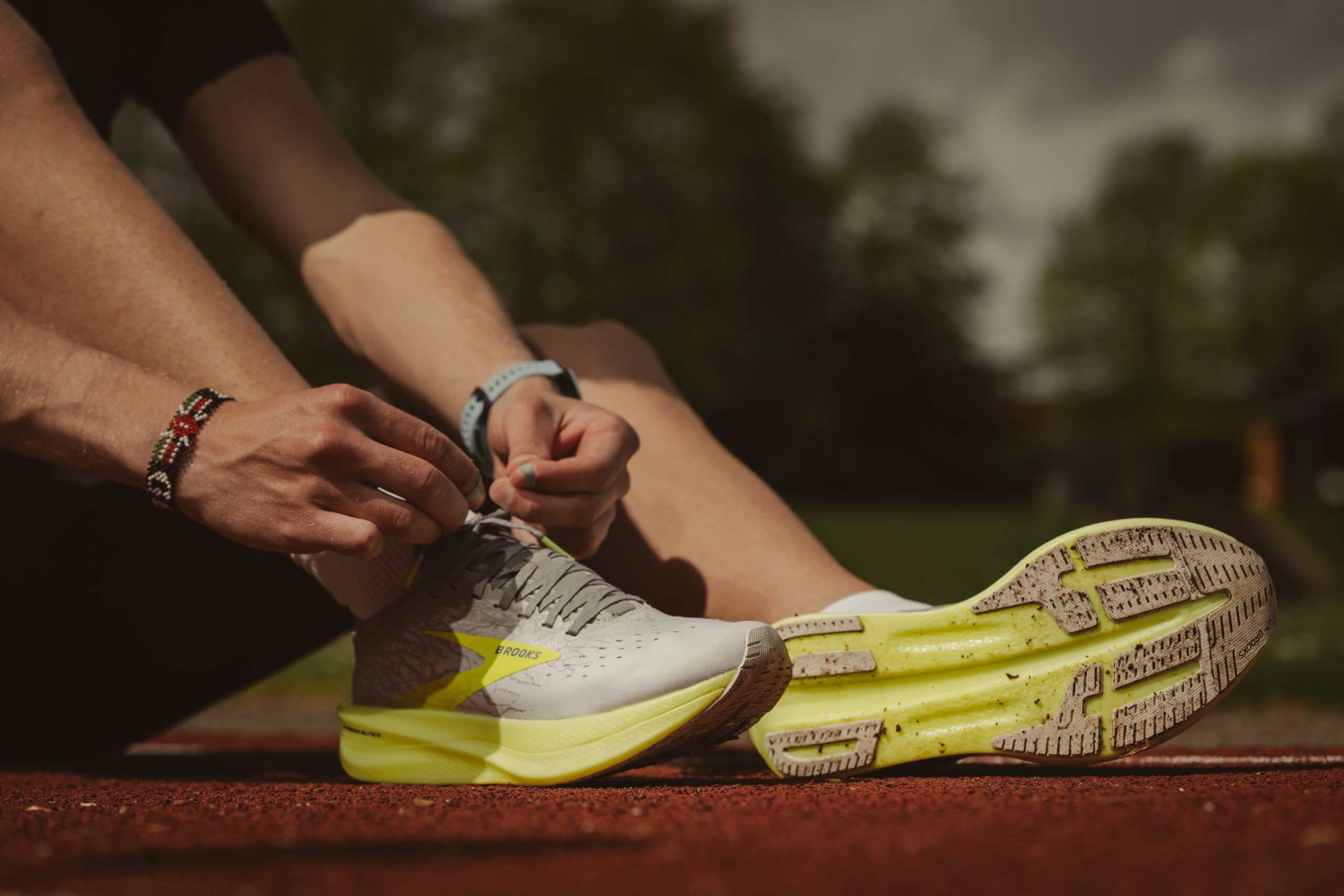Introduction
As a runner, you know how important it is to have a proper training routine, follow a balanced diet, and get enough rest. However, one aspect that is often overlooked but crucial for your performance is hydration. In this blog post, we will explore the role of hydration in maximising your running potential and discuss some practical tips to ensure you stay properly hydrated.
The Importance of Hydration
Hydration plays a critical role in your overall athletic performance, and running is no exception. When you run, your body loses fluids through sweat, and if you don’t replenish them, you can quickly become dehydrated. Dehydration can lead to a decrease in performance, muscle cramps, fatigue, and even heatstroke in extreme cases.
Proper hydration helps to regulate your body temperature, lubricate your joints, and transport nutrients to your muscles. It also aids in the removal of waste products, such as lactic acid, which can build up during intense exercise.
How Much Water Should You Drink?
The amount of water you need to drink depends on various factors, such as your body weight, the intensity and duration of your run, and the weather conditions. A general guideline is to drink at least 8 ounces of water for every 20 minutes of exercise. However, you may need more if you are sweating heavily or running in hot and humid conditions.
To determine your individual hydration needs, it’s essential to listen to your body. Pay attention to your thirst levels, the color of your urine (it should be pale yellow), and how you feel during and after your runs. If you feel thirsty, fatigued, or experience muscle cramps, it’s a sign that you may need to drink more water.
Hydration Tips for Runners
Now that we understand the importance of hydration let’s discuss some practical tips to help you stay properly hydrated:
- Drink water before, during, and after your runs. Aim to drink at least 16-20 ounces of water 2-3 hours before your run to ensure you start properly hydrated. During your run, drink about 4-8 ounces of water every 20 minutes, and after your run, replenish your fluids by drinking at least 24 ounces of water for every pound lost through sweating.
- Consider using a hydration pack or belt. Carrying a water bottle during your runs can be cumbersome, especially for long distances. Investing in a hydration pack or belt allows you to carry more water comfortably and stay hydrated throughout your run.
- Include electrolytes in your hydration routine. When you sweat, you not only lose water but also essential electrolytes like sodium and potassium. Replenishing these electrolytes is crucial for maintaining proper muscle function and preventing cramps. You can opt for sports drinks or natural electrolyte sources like coconut water or homemade electrolyte solutions.
Conclusion
Hydration is a vital component of your running routine and plays a significant role in maximising your potential as a runner. By staying properly hydrated, you can improve your performance, prevent muscle cramps, and reduce the risk of dehydration-related complications. Make sure to listen to your body, follow the hydration tips mentioned above, and always prioritize your fluid intake. Remember, a well-hydrated runner is a successful runner!






